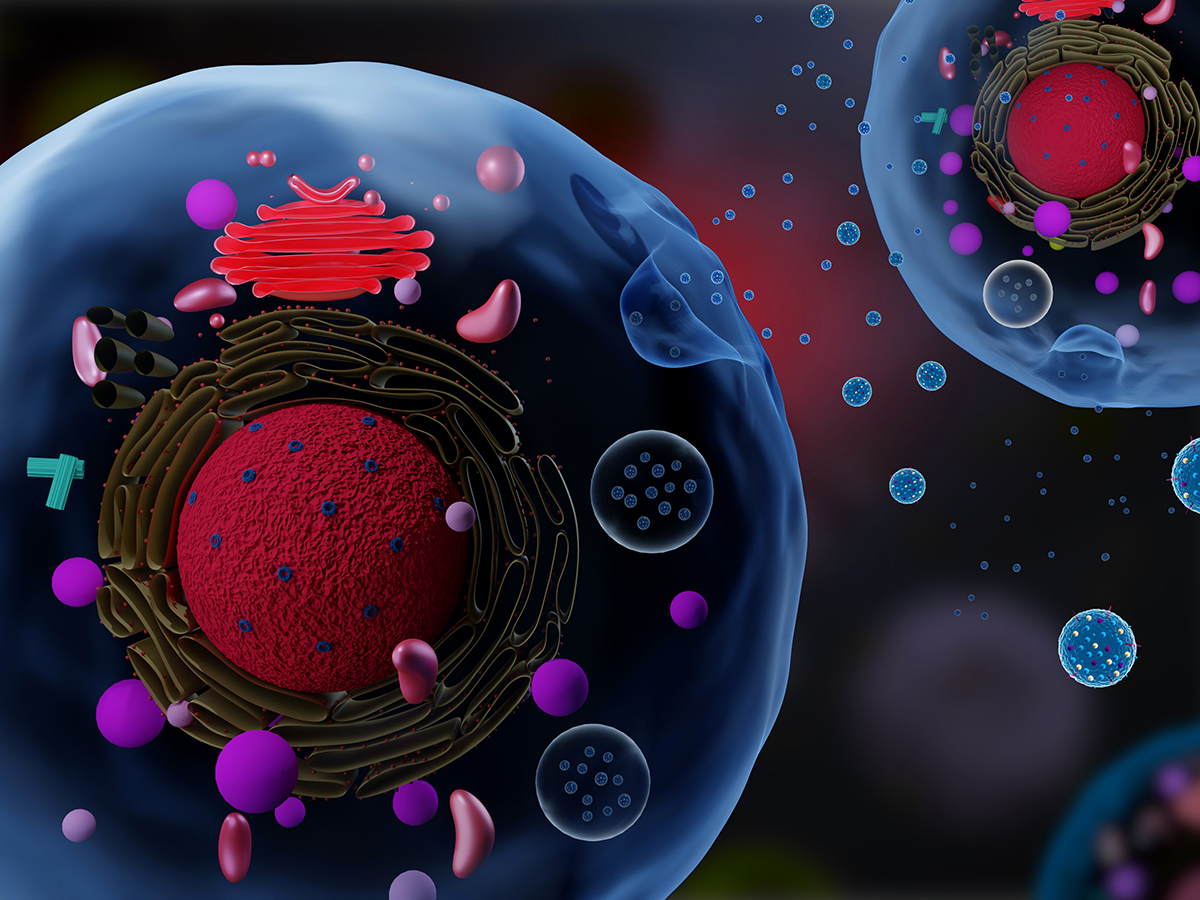Research suggests that exosomes derived from cells can improve skin care through cellular communication by delivering or recruiting repair factors from other cells in the body. Exosomes are bioactive cellular membrane-based vesicles that serve a pivotal role in intercellular communication. They are essentially vessels sent between cells to deliver essential payloads, such as mRNA, proteins, lipids and mRNA. While there is much to learn about the application of exosomes, early evidence of topically applied or injected exosomes suggests a potentially transformative benefit to the skin. At LA Plastic Surgery, Dr. Melinda Lacerna is excited to offer topical exosome serums to her patients in the Bradenton area.
How Can Exosomes Improve Skin Concerns?
Therapeutic applications of exosomes focus on targeted wound treatment to accelerate healing in various skin conditions. The exosomes derived from the following cells can be beneficial to healing tissues:
- Keratinocytes: Skin cells containing keratin, a protein that strengthens hair, skin and nails.
- Macrophages: A form of white blood cell that removes cellular waste, kills microorganisms and stimulates responses from other immune system cells.
- Fibroblasts: Connective tissue cells that produce fibers, including collagen.
- Inflammatory: Cells that heal damaged tissues and attack bacteria after injury or illness.
Exosomes from macrophages aid the healing process by stimulating new blood vessel formation and cellular growth. When researchers used macrophage-derived exosomes in animal models, collagen production increased along with fibroblast migration and formation of endothelial cell tubes, which are found lining the interior of blood vessels. The accelerated healing resulted in less scar formation. This approach offers a potential cell-free treatment to enhance wound healing and scarring.
Exosomes may also have the ability to improve skin discoloration and pigmentation if exosomes derived from melanocytes and keratinocytes are used. Keratinocyte exosomes, when exposed to UVB light, can increase the melanin in human cells, which means these biologic treatments can signal pigment production in the skin.
Another dermatological use for exosome treatment is alopecia, a condition that causes hair loss due to the immune system attacking hair follicles. Hair follicles contain dermal papillae cells, which perpetuate the hair growth cycle by regenerating the hair follicle and hair shaft. When exosomes carrying dermal papillae cells were injected into hair follicles in various phases of the growth cycle in mice, researchers found the hair shafts lengthened and hair growth accelerated. That evidence offers hope for hair loss treatment and prevention in humans.
What Exosome Research Means for Skin Care
Exosome research offers new hope for skin rejuvenation using the intrinsic stimulation from human biology. This gentle yet effective treatment approach to natural aging, hair loss and other skin concerns is new and requires more research to understand the benefits and risks fully. Yet the existing evidence offers exciting revelations on how exosomes may improve skin care and dermatology.
If you struggle with skin concerns and want to learn more about exosomes and skin care, contact Dr. Lacerna in Bradenton, Florida. Call LA Plastic Surgery at (941) 954-4500 or request an appointment online.

